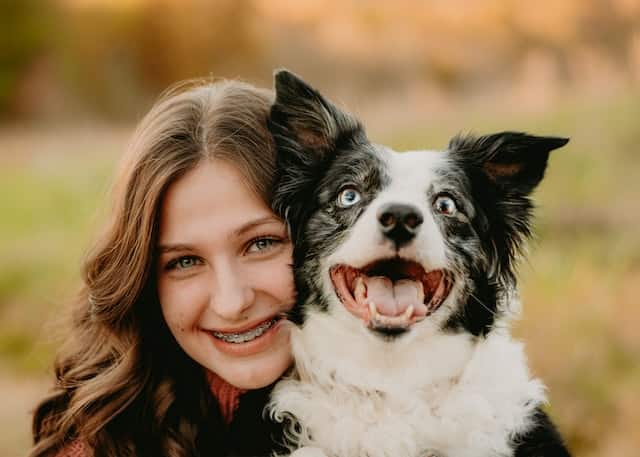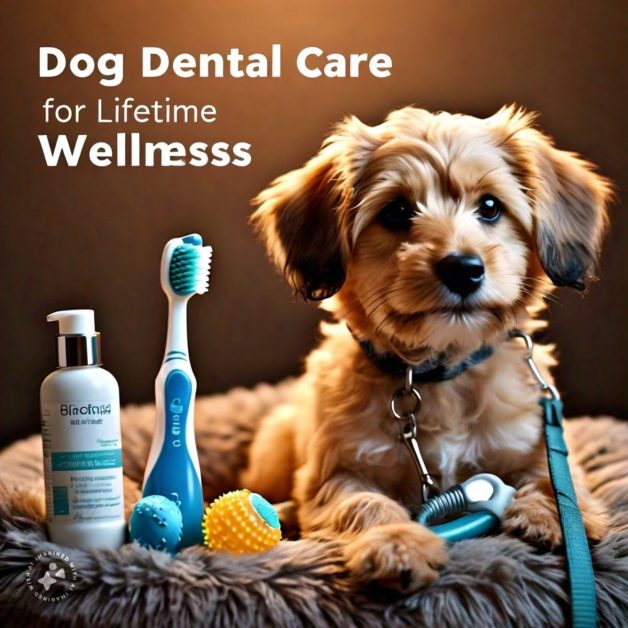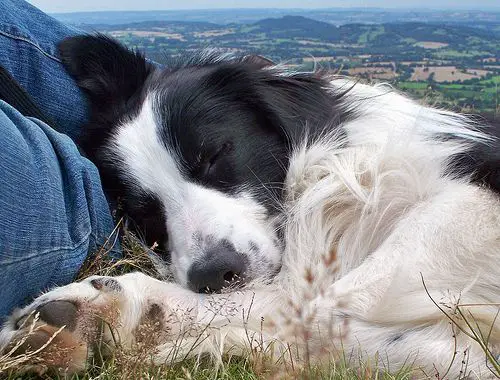Let’s learn about whether dogs mouths cleaner. or is it just a myth?
Introduction
One common myth that many people believe is that dogs mouths are cleaner than humans. While some people believe that dogs have a more hygienic mouth, others argue that it is just a myth. In this article, we’ll explore the topic of dog mouth cleanliness and examine whether dogs mouths are indeed cleaner than humans’. It is true that dogs have natural antibacterial properties in their saliva, it is not enough to make their mouths cleaner than ours.
Dog Mouth Bacteria
The Facts Contrary to popular belief, dog mouths are not necessarily cleaner than humans’. In fact, dogs mouths contain a variety of bacteria that can be harmful to humans. Some of the bacteria found in dog mouths can cause infections such as gum disease, tooth decay, and even serious illnesses like salmonella and campylobacter. Therefore, it is essential to maintain proper oral hygiene in dogs.
It’s important to note that while maintaining proper oral hygiene in dogs is crucial for preventing the buildup of harmful bacteria, it’s equally important to ensure that your dog receives regular veterinary care. Regular check-ups can help catch dental issues before they become more serious and can ensure that your dog’s overall health is in good shape.
See also: All About the Border Collie Blue Merle Dog
Canine Oral Hygiene, Maintaining dental health in dogs
Tips for a Healthy Mouth Maintaining proper oral hygiene in dogs is essential to prevent the buildup of harmful bacteria. Here are some tips for keeping your dog’s mouth healthy:
- Regular Brushing: Brushing your dog’s teeth is the most effective way to remove plaque and prevent gum disease. Use a soft-bristled toothbrush and toothpaste specifically designed for dogs.
- Dental Chews and Treats: Give your dog dental chews and treats that can help remove plaque and freshen their breath.
- Regular Check-ups: Schedule regular check-ups with your vet to monitor your dog’s dental health.
In addition to brushing your dog’s teeth and providing them with dental chews and treats, there are other steps you can take to maintain good oral hygiene in dogs. For example, providing your dog with a healthy, balanced diet that is free from excess sugars and carbohydrates can help prevent tooth decay and gum disease. Dogs mouths can harbor harmful bacteria, including salmonella and E. coli, which can be transferred to humans.
If you’re concerned about the cleanliness of your dog’s mouth, it’s important to speak with your veterinarian. They can perform a dental exam on your dog and provide recommendations for maintaining good oral hygiene, as well as advise you on any potential health risks associated with interacting with your dog’s saliva.
The Truth About Dog Mouth Cleanliness
Despite popular belief, dogs mouths are not necessarily cleaner than humans’. While some studies have found that certain types of bacteria in dog saliva have antimicrobial properties, dogs mouths still contain harmful bacteria that can cause infections in humans. Therefore, it is essential to practice good hygiene habits when interacting with dogs, such as washing your hands after playing with them or being licked by them.
See also: Tips for Grooming Border collies
Myths vs. Reality:
Dog Mouth Cleanliness There are many myths surrounding the cleanliness of dog mouths. Here are a few of the most common myths and the reality behind them:
- Myth: Dog saliva is antiseptic and can heal wounds.
- Reality: While dog saliva does contain some antimicrobial properties, it is not enough to effectively heal wounds or prevent infections.
- Myth: Dog kisses are hygienic.
- Reality: Dog kisses can transmit bacteria and parasites that can cause infections in humans. Therefore, it is important to practice good hygiene habits when interacting with dogs.
While it’s true that some bacteria found in dog saliva have antimicrobial properties, it’s important to remember that not all bacteria in the mouth are beneficial. Harmful bacteria such as Porphyromonas can cause periodontal disease in dogs and can potentially be transmitted to humans through bites or scratches.
Ultimately, while dogs can be wonderful companions, it’s important to remember that they are animals and can carry bacteria and parasites that can be harmful to humans. Practicing good hygiene habits, such as washing your hands after playing with your dog or being licked by them, can help reduce your risk of infection and keep both you and your furry friend healthy.
See also: 10 signs a Border collie is dying: Border collies poor health
Conclusion
In conclusion, the idea that dogs mouths are cleaner than humans’ is a myth. While dogs saliva may contain some antimicrobial properties, their mouths still contain harmful bacteria that can cause infections in humans. Therefore, it is essential to practice good hygiene habits when interacting with dogs and maintain proper oral hygiene in dogs to prevent the buildup of harmful bacteria. By following these tips, you can ensure that both you and your furry friend stay healthy and happy.




